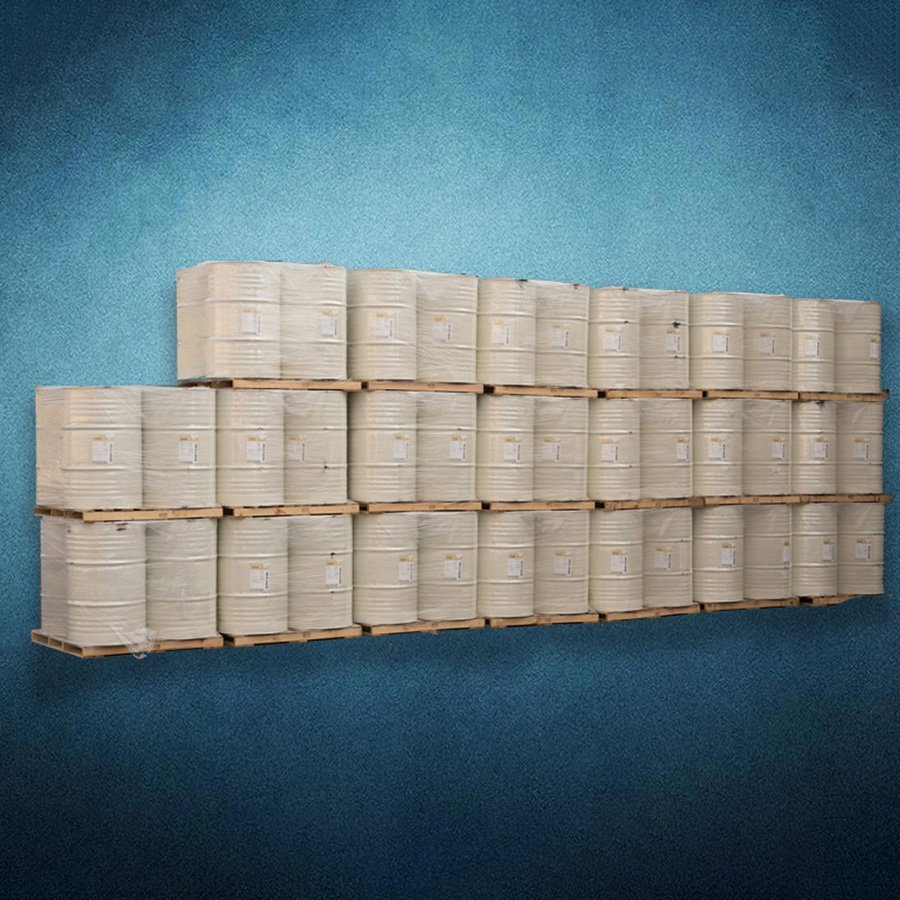Propylene glycol, also known as propane-1,2-diol, propanediol, 1,2-dihydroxypropane, methyl ethyl glycol, or methyl ethylene glycol, is a synthetic organic compound with the chemical formula C3H8O2. This colorless and odorless substance is hygroscopic and has a sweet taste. Chemically, it belongs to the diol class and is miscible with a wide range of solvents, including water, acetone, and chloroform. Generally, glycols have low volatility and toxicity, and they are not corrosive.
Propylene glycol is used as a solvent, carrier, dispersant, stabilizer, and viscosity modifier, as well as a food and tobacco preservative. In the food industry, it serves as a sweetener and is commonly found in ice creams and beverages. Additionally, this compound is utilized in personal care products. It acts as a solvent in many pharmaceuticals; for example, it is used in medications such as diazepam and lorazepam, which are insoluble in water. Propylene glycol is also a key ingredient in artificial tears.
Similar to ethylene glycol, it can lower the freezing point of water, which makes it useful in various fuels, such as aviation fuel, to prevent freezing. Due to its high moisture-absorbing properties, this compound is widely employed in the food, cosmetic, and pharmaceutical industries. It can be used as a solvent in food colors, flavorings, and fragrances, and in the industrial sector, it serves as a solvent for paints and plastics.
